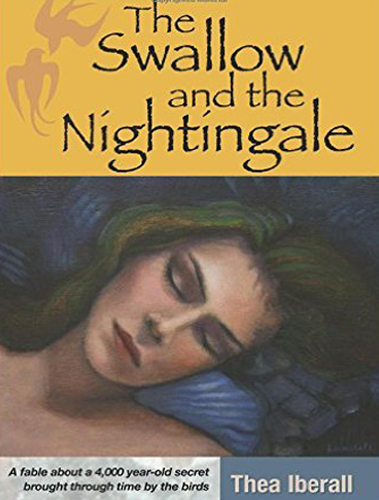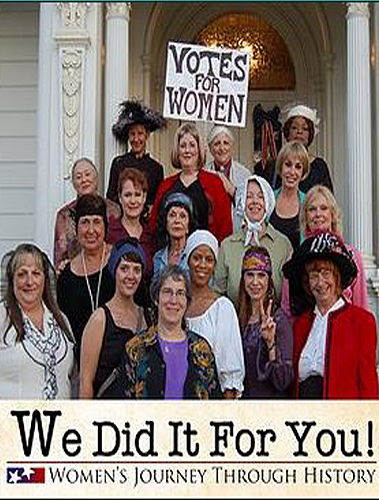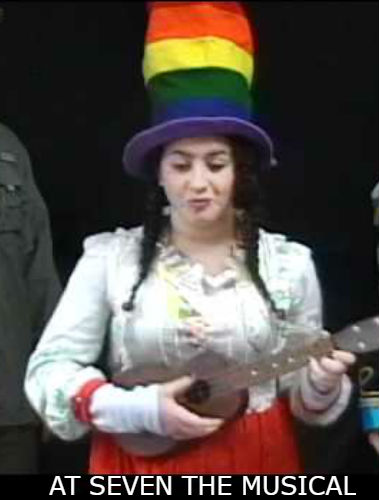We live in an unbalanced society. Laws are passed to address women’s inequality, racial discrimination, environmental degradation/pollution, wealth distribution, fiscal regulation, and political and business corruption. But the problems persist because the root cause has not been addressed. Women still only make 80 cents on man’s dollar. African-Americans face a school-to-prison pipeline. The top wealthiest 1% in US possess 40% of the nation’s wealth. The anti-corruption principle in the Constitution has been largely ignored by the Court since at least the late nineteenth century (Teachout, 2010).
Our society is stuck within a pervasive system based on overarching competition and domination. Values of compassion and cooperation have been overpowered for the 5,000 years that women’s voices have been excluded from political and social discourse. In the 1920s, Gandhi identified seven social sins: commerce without morality, politics without principles, wealth without work, worship without sacrifice, pleasure without conscience, knowledge without character, science without humanity. These “sins” have become part of our society’s fabric. Imbalances are too often taken for granted, and societal problems remain. If we do not find a way to balance society, no amount of money focused at individual problems will make an impact.
They say a young nightingale does not sing if he doesn’t hear an adult nightingale’s song. But once exposed to the song, the young sing as if they’ve done it all their lives. I want to teach society a different song.
PART 1: TEACH ABOUT GANDHI’S SEVEN SOCIAL SINS
How to grow ethical scientists, conscious artists, moral businesspersons, principled politicians, helpful congregants, and active workers? Teach about Gandhi’s social sins using active storytelling in all its forms such as my novel The Swallow and the Nightingale.
PART 2: TEACH ABOUT BREAKING OUT OF CONSTRAINTS
How to infuse values of compassion and cooperation into society? I teach how women (of all races) have been left out through an experiential learning program using my 45-minute musical We Did It For You! Women’s Journey Through History. Using positivity, this program shares accomplishments of hundreds of women across races and drives home the importance of participating in society.
PART 3: EARLY START
Educators have shown it’s important to start in elementary school, and our children’s musical At Seven connects children to the world and future choices. It teaches that career paths begin early. Adults and children will learn by “head, hand, and heart.” When all are hearing the message, we will be able to birth an ethical society, shifting to a new paradigm.




